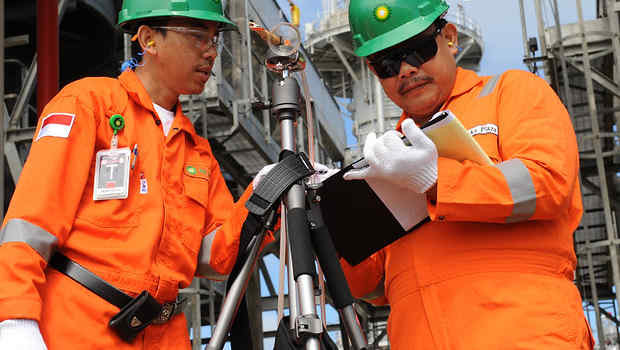BP in $1.75bn buyback as Q1 profits fall on weaker prices, margins

BP reported a worse-than-expected fall in first-quarter profit on the back of lower oil and gas prices, an outage at a US refinery and “significantly weaker” fuels margins as it also started a $1.75bn share buyback.
BP
381.25p
12:54 24/12/24
FTSE 100
8,136.99
12:59 24/12/24
FTSE 350
4,491.87
12:54 24/12/24
FTSE All-Share
4,449.61
13:14 24/12/24
Oil & Gas Producers
7,727.62
12:54 24/12/24
Underlying replacement cost profit for the quarter was $2.7bn, compared with $5bn a year earlier and $3bn for the final three months of 2023, BP said on Tuesday. The figure missed the forecast of $2.87bn in a company-compiled survey of analysts.
The lower earnings impacts were partially offset by a significantly lower level of turnaround activity at BP facilities in addition to a strong oil trading result and higher realised refining margins. Oil and gas production rose by 2.1% from a year earlier to 2.38 million barrels of oil equivalent per day.
Looking ahead, BP expects second quarter 2024 reported upstream production to be slightly lower than the first quarter. The company added that it also expected realised margins to be impacted by narrower North American heavy crude oil differentials in the second quarter.
Both 2024 reported and underlying upstream production would be slightly higher compared with 2023 and it aimed to deliver at least $2bn of cash cost savings by end of 2026.
Divestment and other proceeds of $2bn - 3bn were expected in 2024, weighted towards the second half, with $25bn of forecast between the second half of 2020 and 2025.
The inherent volatility of oil and gas prices means it is inevitable that BP’s profits will wax and wane but the big disappointment for investors will be that they came in below forecasts – with an unplanned outage at a US refinery something of an own goal.
“BP, like its integrated energy rivals, is a business with lots of moving parts and that can make it difficult for analysts to get to the right number. With all that said, it still represents a relatively inauspicious start for (new chief executive) Murray Auchincloss since his interim role was made permanent in January," said AJ Bell investment director Russ Mould.
"Though this is more the equivalent of a caretaker boss at a football club getting the job full time and then losing one-nil in a closely fought game than anything more disastrous than that."
“Auchincloss is largely singing off the same hymn sheet as his counterpart at Shell, Wael Sawan, when it comes to an energy transition strategy. Essentially, the company will make green investments as long as they pay."
Reporting by Frank Prenesti for Sharecast.com